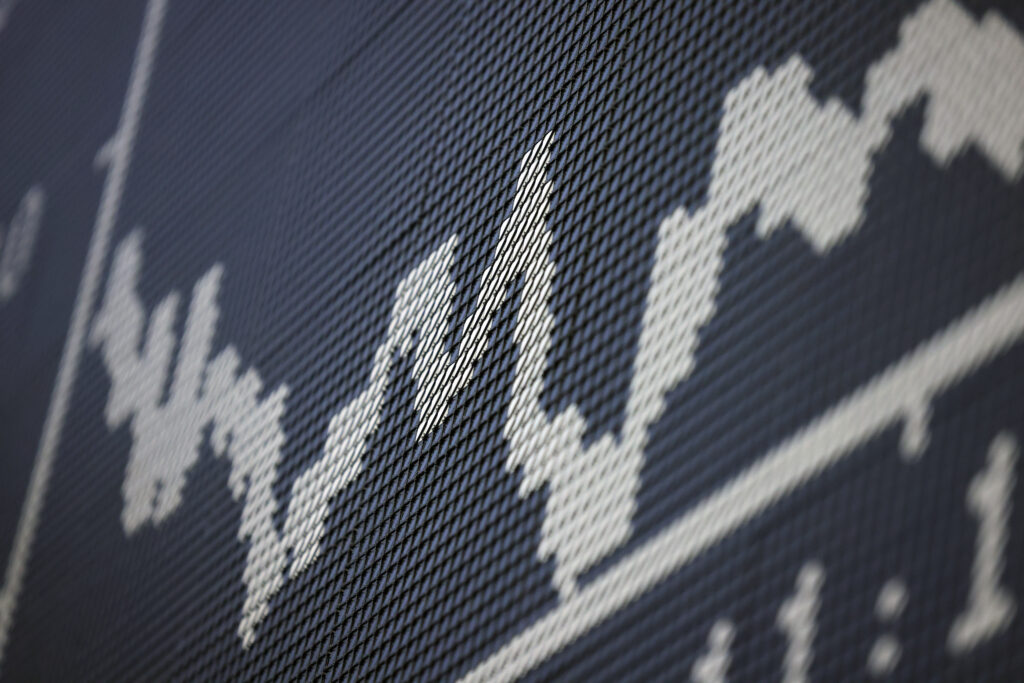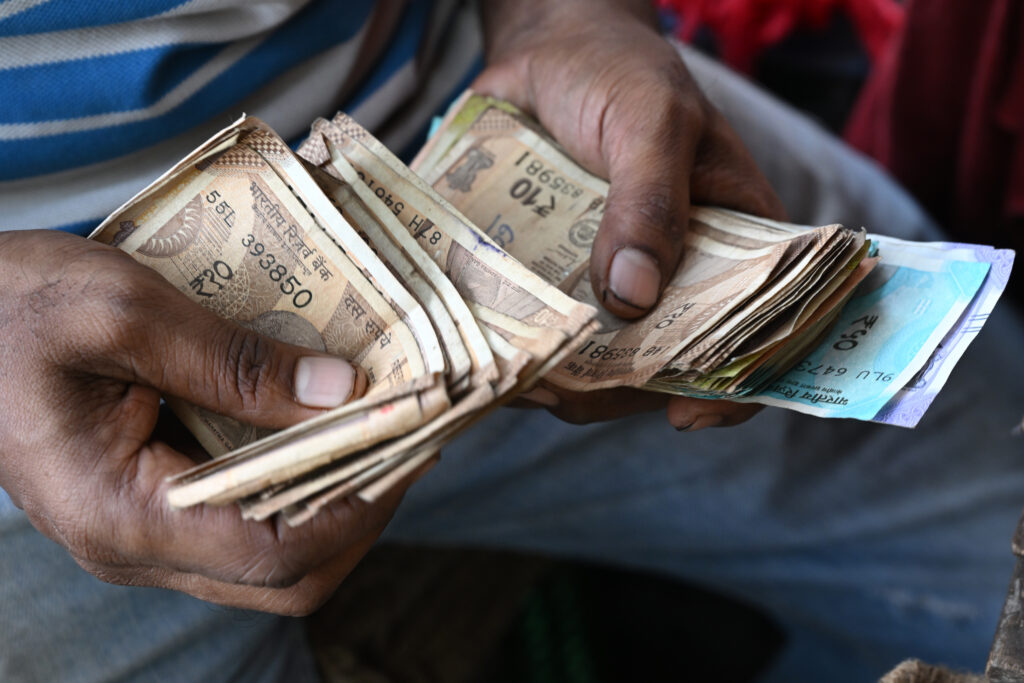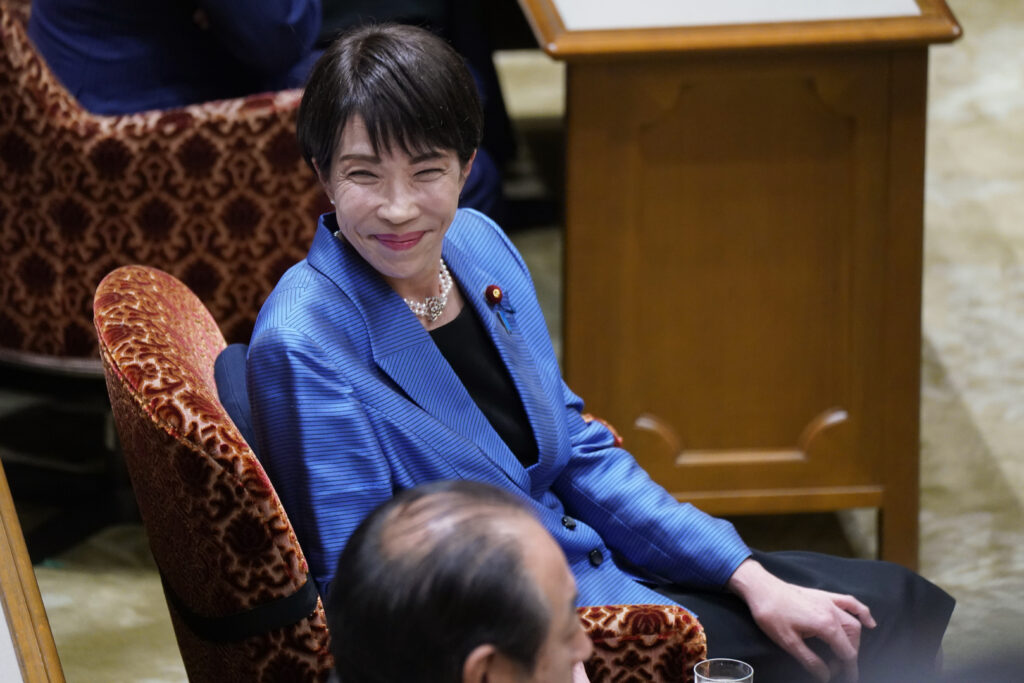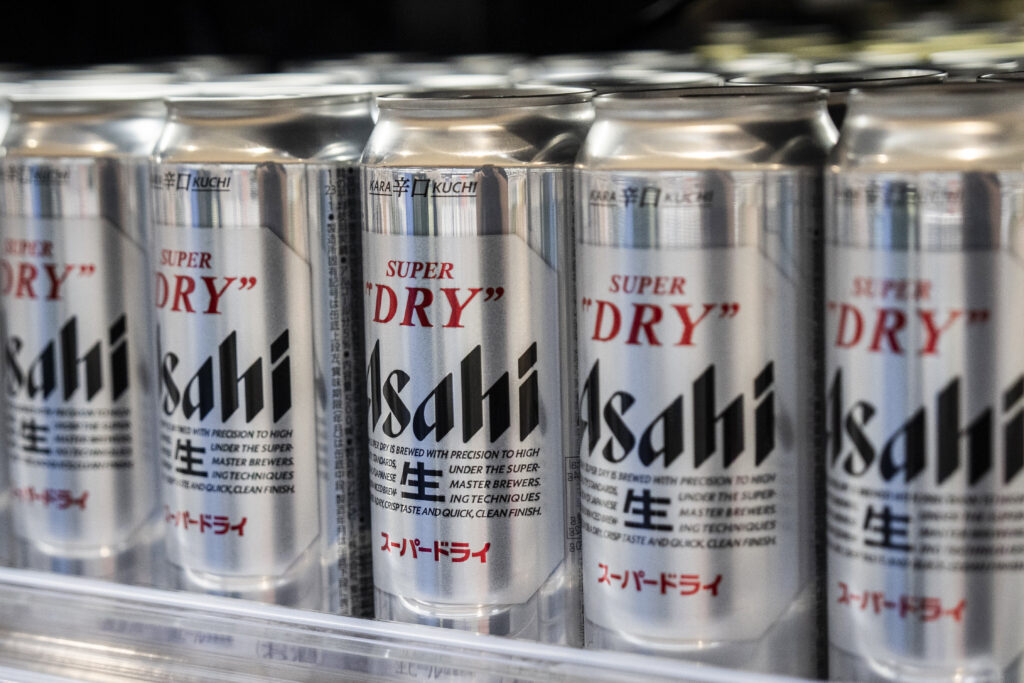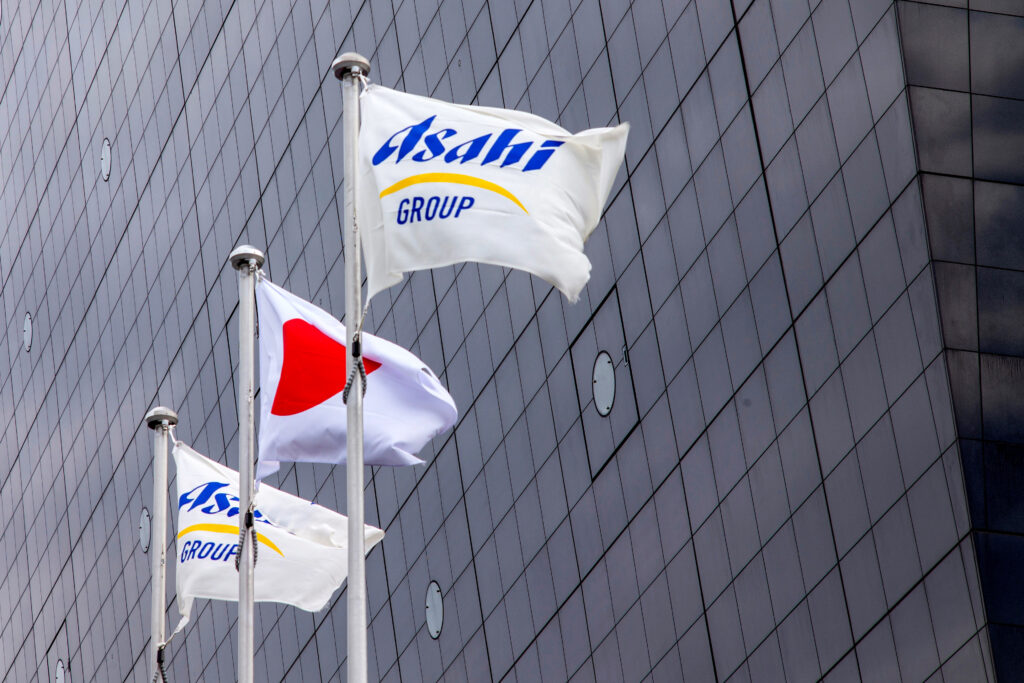Markets muted in thin trade, hit by data centre glitch
Stock markets were little changed Friday, capping a solid week driven by expectations of more US rate cuts, with trading thinned by the Thanksgiving holiday and a data centre outage.Trading on the Chicago Mercantile Exchange, one of the world’s major operators, was halted by a technical outage first reported at 0240 GMT Friday.”Due to a cooling issue at CyrusOne data centers, our markets are currently halted,” the CME said in a statement.Market participants rely heavily on CME platforms to manage risk through futures contracts tied, for example, to stock indices, interest rates and currencies.The outage also froze pricing on the US benchmark crude contract, WTI, for several hours. “It’s been a while since we’ve had such a long outage,” said Neil Wilson, UK investor strategist at Saxo Markets. “Good news was it happened during the US holiday so there was not a lot of action and orders,” he said.Wall Street’s main indices edged higher at the start of a half-day of trading, having been closed Thursday for Thanksgiving.If the positive start follows through, “this may prove to be the best week for US stock indices since late June,” said Trade Nation analyst David Morrison.Without direction overnight from New York, European and Asian markets moved with little conviction, with investors taking a breather from AI-fuelled debates that had helped drive November trade.Concerns about the high valuations of AI stocks have tempered investor enthusiasm this month.Morrison noted that both the Dow and S&P 500 are both marginally down for November, while the Nasdaq Composite is two percent lower. In Europe, London, Paris, and Frankfurt made modest gains in afternoon trading.In Asia, Tokyo and Shanghai ended marginally higher, while Hong Kong slipped.Focus this week has been firmly on growing expectations that the Federal Reserve will cut interest rates again next month.A string of top Fed officials have backed a third straight reduction, mostly citing a weakening labour market despite elevated inflation.Attention now turns to a range of data releases over the next week or so that could play a role in the bank’s final decision, with private hiring, services activity and personal consumption expenditure — the Fed’s preferred gauge of inflation.With the recent government shutdown postponing or cancelling the release of some key data, closely watched non-farm payrolls figures are now due in mid-December, after the Fed’s policy decision.Markets see around an 85-percent chance of a cut next month and three more in 2026.Meanwhile, the yen was erratic against the dollar after data showed inflation in Tokyo, seen as a bellwether for Japan, came in a little higher than expected, reigniting talk on whether the central bank will hike interest rates in the coming months.The Japanese unit remains under pressure against the greenback amid concerns about Japan’s fiscal outlook and pledges for more borrowing.Oil prices were mixed ahead of a meeting of OPEC+ oil exporting nations.”Markets are expecting the group to hold production levels unchanged from January owing to concerns about excessive supply and weak demand, and, obviously, weaker oil prices,” said Forex.com analyst Fawad Razaqzada.- Key figures at around 1430 GMT -New York – Dow: UP 0.2 percent at 47,511.07 pointsNew York – S&P 500: UP 0.2 percent at 6,823.19New York – Nasdaq Composite: UP 0.3 percent at 23,282.85London – FTSE 100: UP 0.2 percent at 9,711.34 Paris – CAC 40: UP 0.2 percent at 8,118.94Frankfurt – DAX: DOWN 0.1 percent at 23,839.38Tokyo – Nikkei 225: UP 0.2 percent at 50,253.91 (close) Hong Kong – Hang Seng Index: DOWN 0.3 percent at 25,858.89 (close)Shanghai – Composite: UP 0.3 percent at 3,888.60 (close)Euro/dollar: DOWN at $1.1571 from $1.1602 on ThursdayPound/dollar: DOWN at $1.3221 from $1.3252Dollar/yen: DOWN at 156.29 yen from 156.30 yenEuro/pound: DOWN at 87.55 pence from 87.56 penceBrent North Sea Crude: DOWN 0.4 percent at $62.65 per barrelWest Texas Intermediate: UP 0.4 percent at $58.89 per barrelburs-rl/rlp
